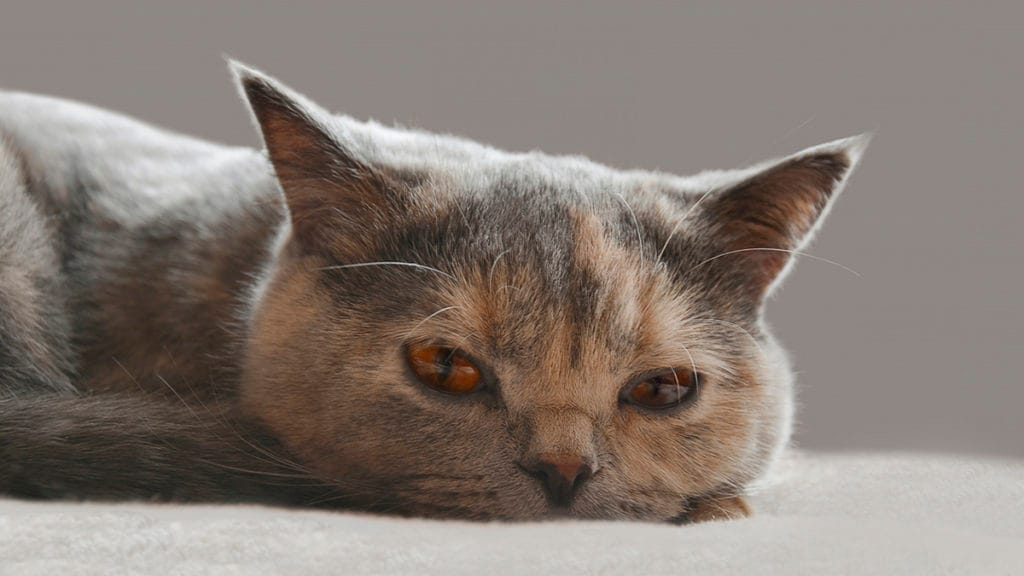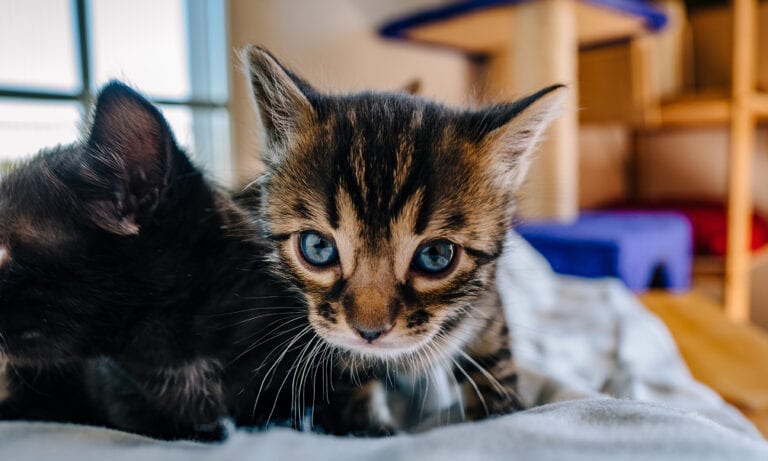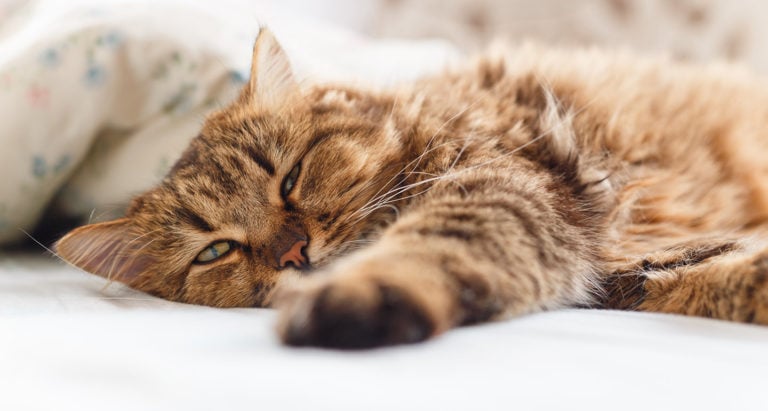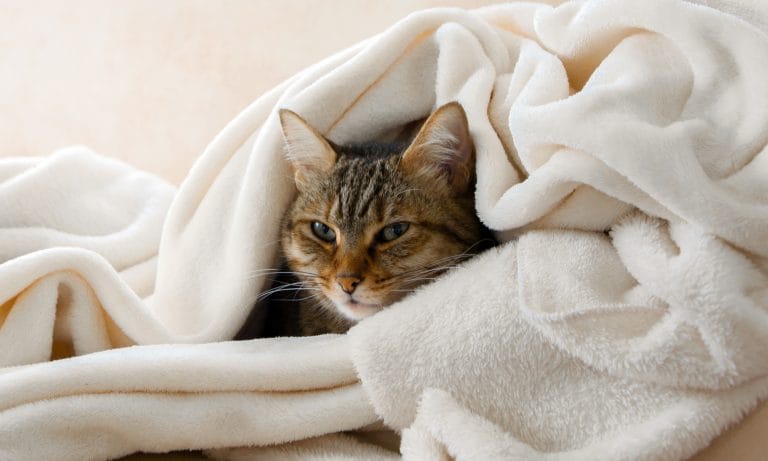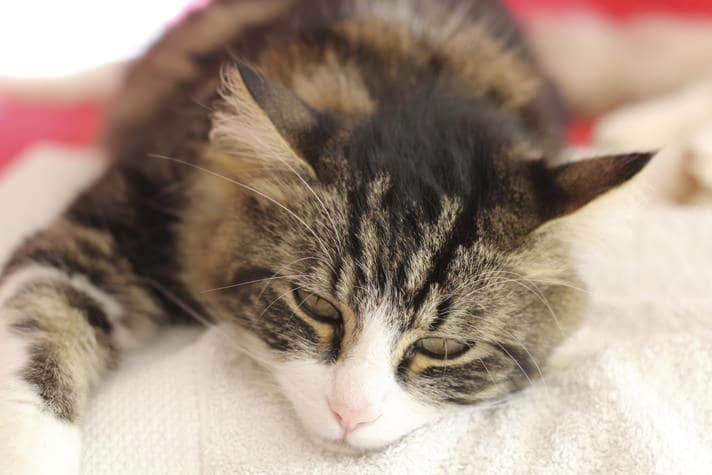Is it normal for cats to throw up and then eat their own vomit? Because cats are known for their cleanliness and daily grooming rituals, how does this gross behavior fit in? Find out what triggers a cat puking and eating it, as well as how to get to the root cause of your cat throwing up.
Why Do Cats Throw Up?
Some people believe that cats throw up a lot and that it’s just part of being a cat but that is not true. An isolated incident of vomiting probably isn’t cause for concern. Any cat can have a bad day. But repeated vomiting is cause for concern.
“Vomiting should not be considered ‘normal,’” says Jo Ann Morrison, DVM, DACVIM, senior manager of medical quality advancement for Banfield Pet Hospital in Portland, Oregon. “An isolated episode of vomiting that doesn’t recur, especially if nothing else has changed in the cat, may not be cause for concern. But vomiting that is repeated, regular, excessive, protracted, predictable or blood-tinged should be promptly discussed with your veterinarian or, in some cases, an emergency veterinary hospital.”
Some reasons for a cat puking include:
- Hairballs
- Kidney failure
- Viral infections
- Gallbladder inflammation
- Liver failure
- Toxins
- Post-operative nausea
- Pancreatitis
- Intestinal parasites
- Diet
- Intestinal foreign bodies
- Neurological disorders
- Intestinal tumors
- Severe constipation
- Allergies
- Colitis
When experiencing any of these symptoms, schedule an appointment with your vet.
Why Do Some Cats Eat Their Own Vomit?
So, why do cats puke—and sometimes eat it? This perplexing question doesn’t have an easy answer; no one knows for sure. While people find this behavior gross, some cats don’t agree.
“It is uncertain why cats ingest their own vomit, but in some cases, it may be behavioral,” Dr. Morrison says. “Generally speaking, the ingestion of vomit is likely not as important as the reason your cat may be vomiting in the first place.”
Perhaps pre- and post-vomit meals smell and taste pretty similar and your cat is just not bothered by it. Or maybe the extra warmth from being inside the cat makes a regurgitated meal even more appealing than it was in its original state.
At the end of the day, finding out the reason behind your cat throwing up is more crucial than your cat eating his puke. If possible, clean up the vomit immediately so your cat doesn’t eat it, and then call your veterinarian. Watch for signs of causes and symptoms, and keep track of how often the vomiting occurs. This is valuable information for the doctor who examines your cat. From there, your vet can come up with a diagnosis of why your cat is vomiting in the first place.
By: Elisa Jordan
Featured Image: Via iStock.com/AlenaMozhjer
Share:
